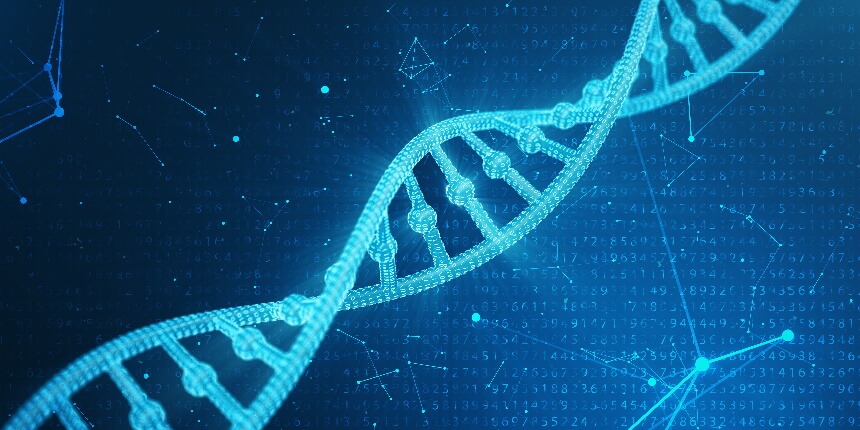
What Are Biomarkers?
What are biomarkers? Biomarkers, also called tumor markers, are measurements of activity happening in a cell or organism in the body. Biomarkers indicate normal and abnormal processes taking place in the body, thus can serve as warning signs for health issues.
Molecules, genes, proteins, and hormones can be biomarkers because they indicate something about health. These biomarkers can be found in the blood, stool, urine, tumor tissue and other bodily fluids or tissues.
What Are Biomarkers of Cancer?
Cancer biomarkers help doctors understand how cancer cells grow, spread, and respond to treatment. For this reason, cancer biomarkers can be helpful in better understanding a cancer patient’s prognosis. Cancer biomarkers are most helpful in determining which treatments a patient may or may not respond to.
Types of Cancer Biomarkers
Two main types of biomarkers are used in cancer care, including circulating tumor markers and tumor tissue markers. Circulating tumor markers are found in bodily fluids such as blood, urine, and stool, and are used to determine cancer prognosis, detect remaining cancer after treatment, and assess treatment response. Tumor tissue markers are found in the tumor and are identified through a biopsy. These types of biomarkers diagnose and stage/classify cancer, estimate cancer prognosis, and assist in the selection of treatment.
Examples of circulating tumor biomarkers in cancer are:
- Calcitonin
- CA-125
- Beta-2-microglobulin
Examples of tumor tissue biomarkers are:
- Estrogen and progesterone receptors
- EGFR gene mutation
- PD-L1
Common biomarkers in cancer care include:
- ALK gene rearrangements and overexpression in non-small cell lung cancer
- EGFR gene mutation in non-small cell lung cancer
- FGFR and FGFR2 gene mutation in breast cancer
- HER2 gene amplification or protein overexpression
- BRCA1 and BRCA2 gene mutations in ovarian and breast cancers
- CD20, CD25, CD30 in lymphomas
Sources

Leave a Comment
(0 Comments)